Christopher Dunn
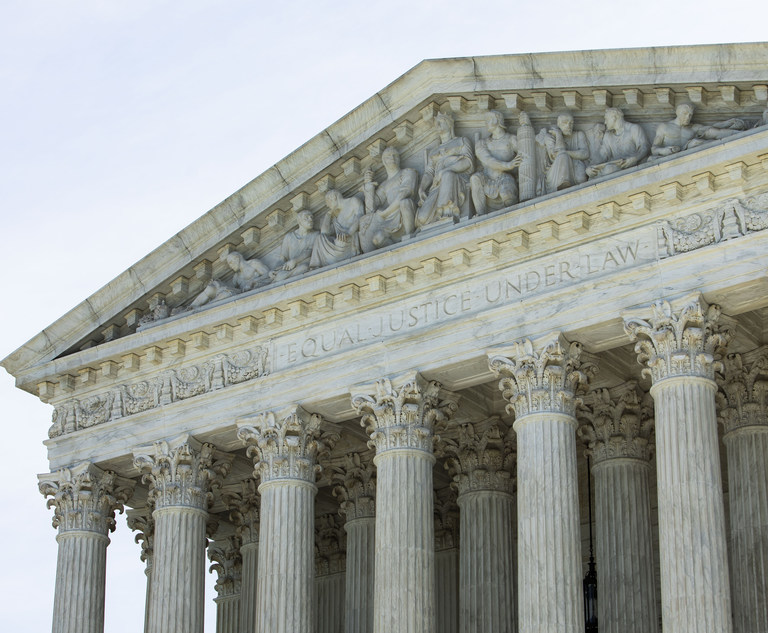
October 05, 2022 | New York Law Journal
A Constitutional Right To Discriminate?Allowing businesses to invoke free speech or religious liberty to refuse services to targeted customers would mark not only a grievous endorsement of bias but also could undo much of our social compact.
By Christopher Dunn
10 minute read
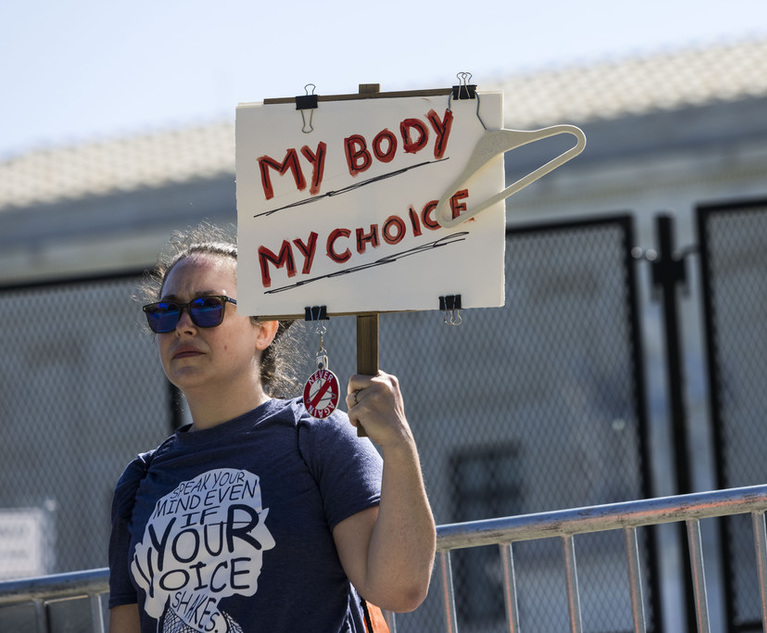
August 03, 2022 | New York Law Journal
A Constitutional Lifeline for Abortion: The Right To TravelGiven the essential role interstate travel may play in the coming abortion battles, a closer examination of the right to travel is in order.
By Christopher Dunn
11 minute read
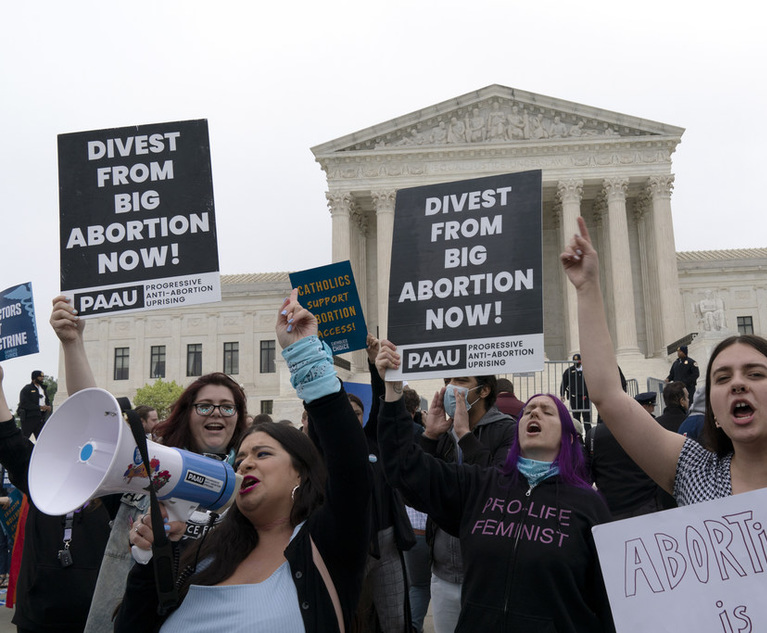
June 01, 2022 | New York Law Journal
Supreme Court Drama for Civil Rights in New YorkThe Supreme Court term that concludes this month has been a dramatic one for civil rights in New York.
By Christopher Dunn
9 minute read
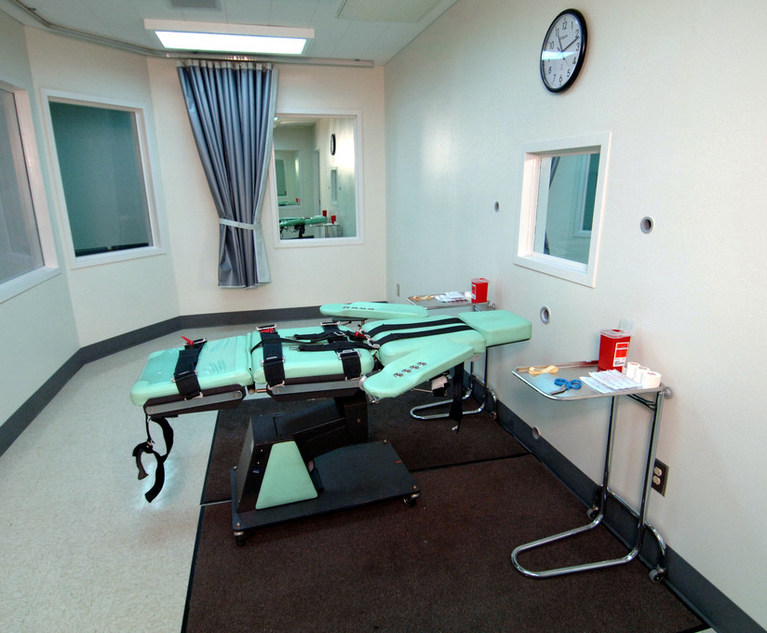
April 06, 2022 | New York Law Journal
The Civil Rights Good in the Supreme Court's Religious CrusadeThe court's March 24 decision in 'Ramirez v. Collier' reflects the much-noted religious zeal several current justices bring to the Supreme Court. Less recognized, the decision demonstrates how that zeal can yield important benefits in other areas of civil rights law.
By Christopher Dunn
10 minute read

February 02, 2022 | New York Law Journal
The Supreme Court Confronts a Shrinking New York Court of AppealsIn an 8-1 decision written by Justice Sonia Sotomayor, liberal and conservative justices agreed that the Court of Appeals' position that prosecutors were free to introduce hearsay evidence without an opportunity to cross-examine if the defense had created a "misleading impression" violated the Sixth Amendment's Confrontation Clause.
By Christopher Dunn
9 minute read

December 01, 2021 | New York Law Journal
The Constitutional Hole in Government DetentionNearly 250 years after the adoption of the Bill of Rights, in a country peopled by immigrants, basic constitutional protections remain unresolved for one group: noncitizens detained on suspicion of civil offenses involving U.S. immigration law. This hole in constitutional law must be filled.
By Christopher Dunn
11 minute read

October 06, 2021 | New York Law Journal
COVID-19 Vaccine Mandates and the ConstitutionIn this edition of his Civil Rights and Civil Liberties column, Christopher Dunn discusses history and precedent regarding mandatory vaccination in light of two cases currently pending before the Second Circuit.
By Christopher Dunn
10 minute read
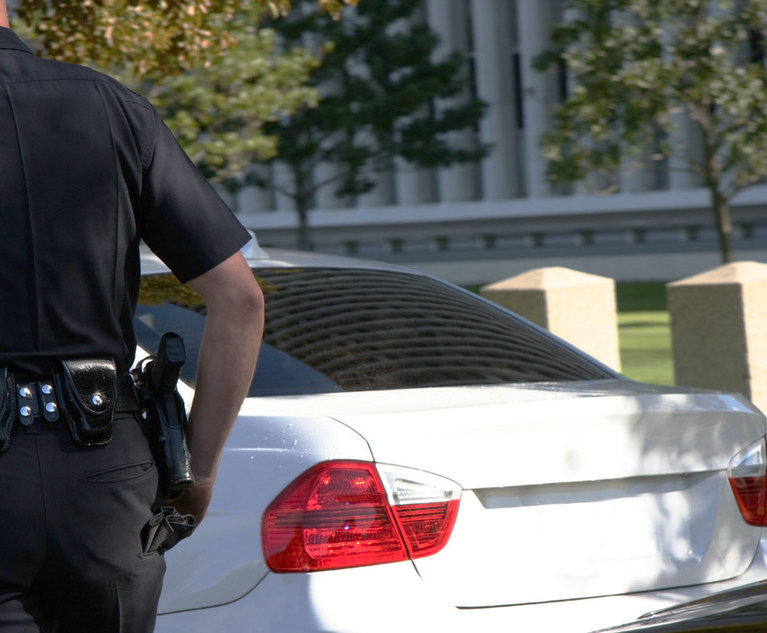
August 04, 2021 | New York Law Journal
Public-Safety Mayors, Stop-and-Frisk, and a Looming DecisionFive decades after the Supreme Court endorsed police stop-and-frisk with limits on its use, lower courts continue to struggle balancing officer safety with individual privacy and the threats of police abuse. A full Second Circuit is now poised to issue a rare en banc decision that captures the struggle in the post-'Terry' jurisprudence. In his Civil Rights and Civil Liberties column, Christopher Dunn discusses the background and current state of affairs in stop-and-frisk and why he thinks we may see "dramatic changes in the coming year."
By Christopher Dunn
10 minute read
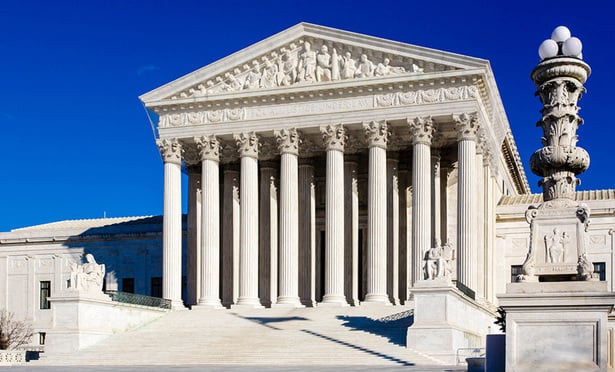
June 02, 2021 | New York Law Journal
Guns, Confrontation and Malice: New York in the Supreme Court Next TermIn this edition of his Civil Rights and Civil Liberties column, Christopher Dunn reports on three cases out of New York that are now before the Supreme Court: one involving a challenge to New York's licensing regime for the carrying of concealed weapons; another involving malicious prosecution claims; and the third addressing the extent to which prosecutors can introduce out-of-court testimony notwithstanding the Sixth Amendment's strict Confrontation Clause. He writes that, beyond their substantive import, these cases present intriguing politics.
By Christopher Dunn
10 minute read
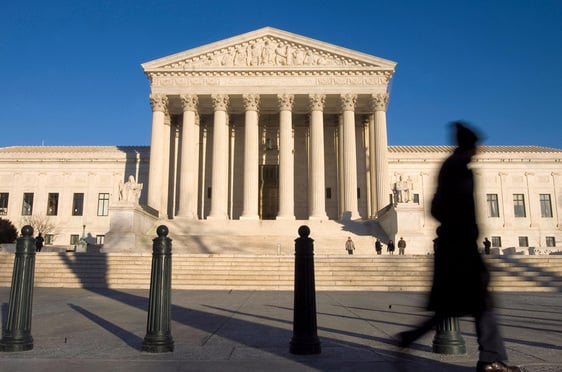
March 31, 2021 | New York Law Journal
Fomenting Property Revolution in the Supreme CourtThe Takings Clause was before the Supreme Court last week in a case in which a property-rights advocacy organization seeks to expand dramatically the clause's scope in an effort to curb the government's power over private property. As Christopher Dunn explains in this edition of his Civil Rights and Civil Liberties column, the bigger agenda here is to establish the proposition that the Takings Clause is triggered automatically whenever the government mandates access to private property, which ultimately could implicate public-accommodations statutes.
By Christopher Dunn
10 minute read
Trending Stories
- 1Deal Watch: Latham, Paul Weiss, Debevoise Land on Year-End Big Deals. Plus, Mixed Messages for 2025 M&A
- 2Bathroom Recording Leads to Lawyer's Disbarment: Disciplinary Roundup
- 3Conn. Supreme Court: Workers' Comp Insurance Cancellations Must Be Unambiguous
- 4To Avoid Conflict, NYAG Hands Probe Into Inmate's Beating Death to Syracuse-Area DA
- 5Scripture-Quoting Employee Sues Company for Supporting LGBTQ Pride
More from ALM
- Scan In Progress: Litigators Leverage AI to Screen Prospective Jurors 1 minute read
- Legal Speak at General Counsel Conference East 2024: Match Group's Katie Dugan & Herrick's Carol Goodman 1 minute read
- Legal Speak at General Counsel Conference East 2024: Eric Wall, Executive VP, Syllo 1 minute read



